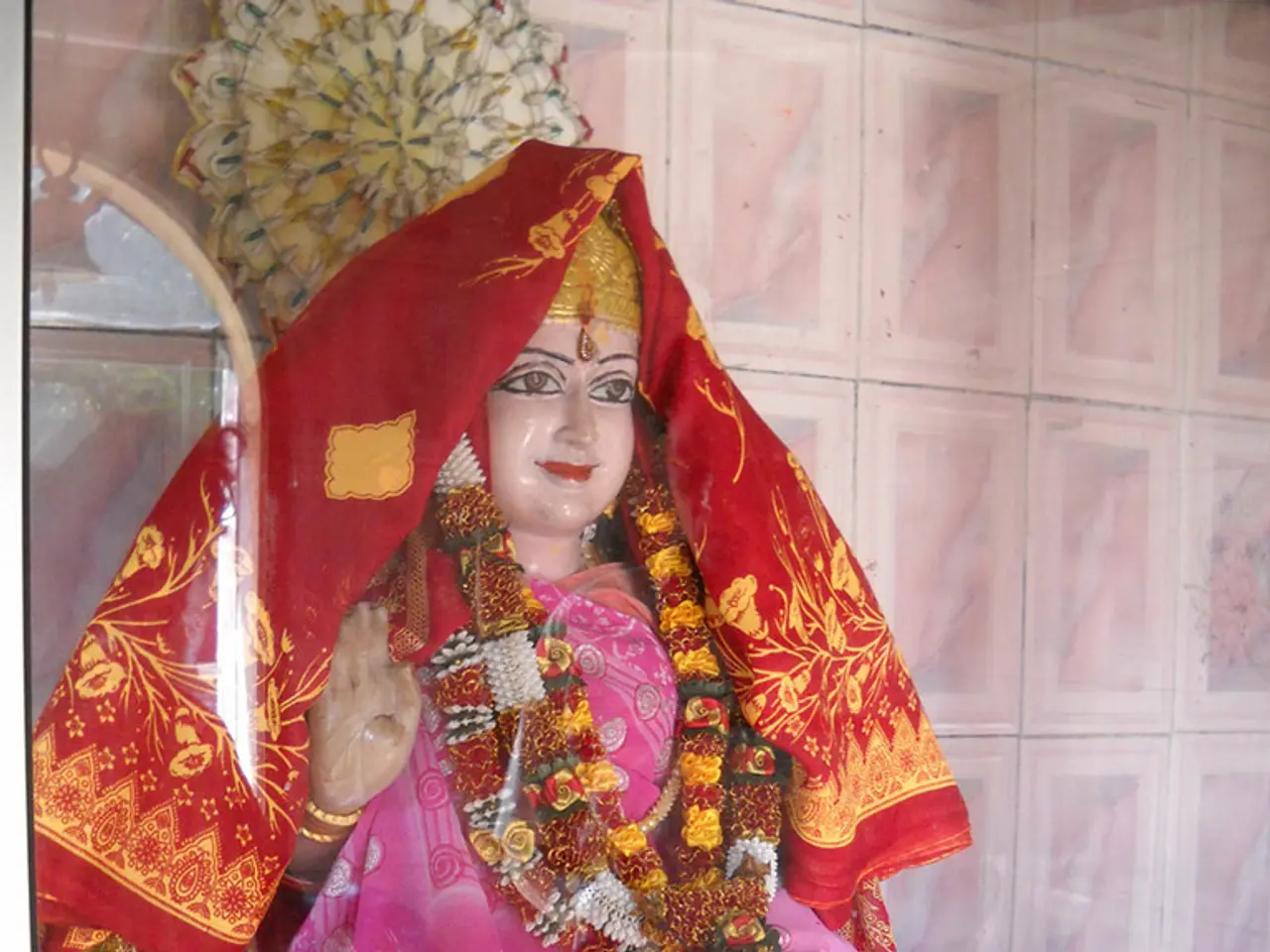Mythological Divinities of Greek Mountains: The Ourea
In the rich tapestry of Greek mythology, the Ourea stand as the primordial gods of mountains, born from Gaia, the Earth herself. These revered figures, symbolizing the divine power of nature, have played a pivotal role in shaping Greek culture, mythology, and philosophy.
The Ourea, personifying the spirit and power of mountains, embody strength, stability, and sacredness. They are often depicted in ancient Greek art as reclining male figures in vase paintings and relief sculptures. One such example can be found on the east frieze of the Parthenon, where a reclining figure likely represents Mount Olympus witnessing the birth of Athena.
Mountains, in Greek culture, were considered sacred, and the Ourea were no exception. Each major mountain or range had its own deity, although the exact number remains unclear. Mount Othrys served as the Titans' base during the Titanomachy, while Mount Olympus housed the younger gods.
Mount Helicon, consecrated to Apollo and the Muses, is associated with poetic inspiration. Mount Cynthus, significant as the birthplace of Apollo and Artemis, shares this connection to the divine. Meanwhile, Mount Athos owes its origin to the Gigantomachy and is associated with Poseidon.
The protective function of the Ourea was manifested in local cults. For instance, the community near Mount Pelion in Thessaly honoured the mountain as protection against storms and seismic activity. The Corycian Cave on Mount Parnassus, sacred to Pan and the nymphs, was believed to provide access to the underworld.
Mount Etna, personified as the goddess Aetna, has a connection to Zeus, Hephaestus, and the Cyclopes. Mount Taygetus in Sparta housed the cave where Zeus was said to have seduced Leda. These connections to the gods further emphasize the Ourea's role as witnesses and guardians of divine events.
Literary references to the Ourea emphasize their witnessing role, such as in Bacchylides's Ode 5 and Sophocles's Philoctetes. The Ourea fundamentally shaped Greek mythology, representing the very structure of the world and instilling a sense of the divine.
Archaeological evidence confirms the religious significance of mountains through the remains of peak sanctuaries, such as Mount Lycaeus in Arcadia and Mount Juktas in Crete. The most significant Ourea in Greek mythology are the mountains: Othrys, Olympus, and Pelion.
In conclusion, the Ourea, the divine guardians of Greek mountains, played a crucial role in Greek culture, mythology, and philosophy. They symbolized divine presence and anchored myths, philosophy, and sacred sites, making them an integral part of the Greek worldview.







